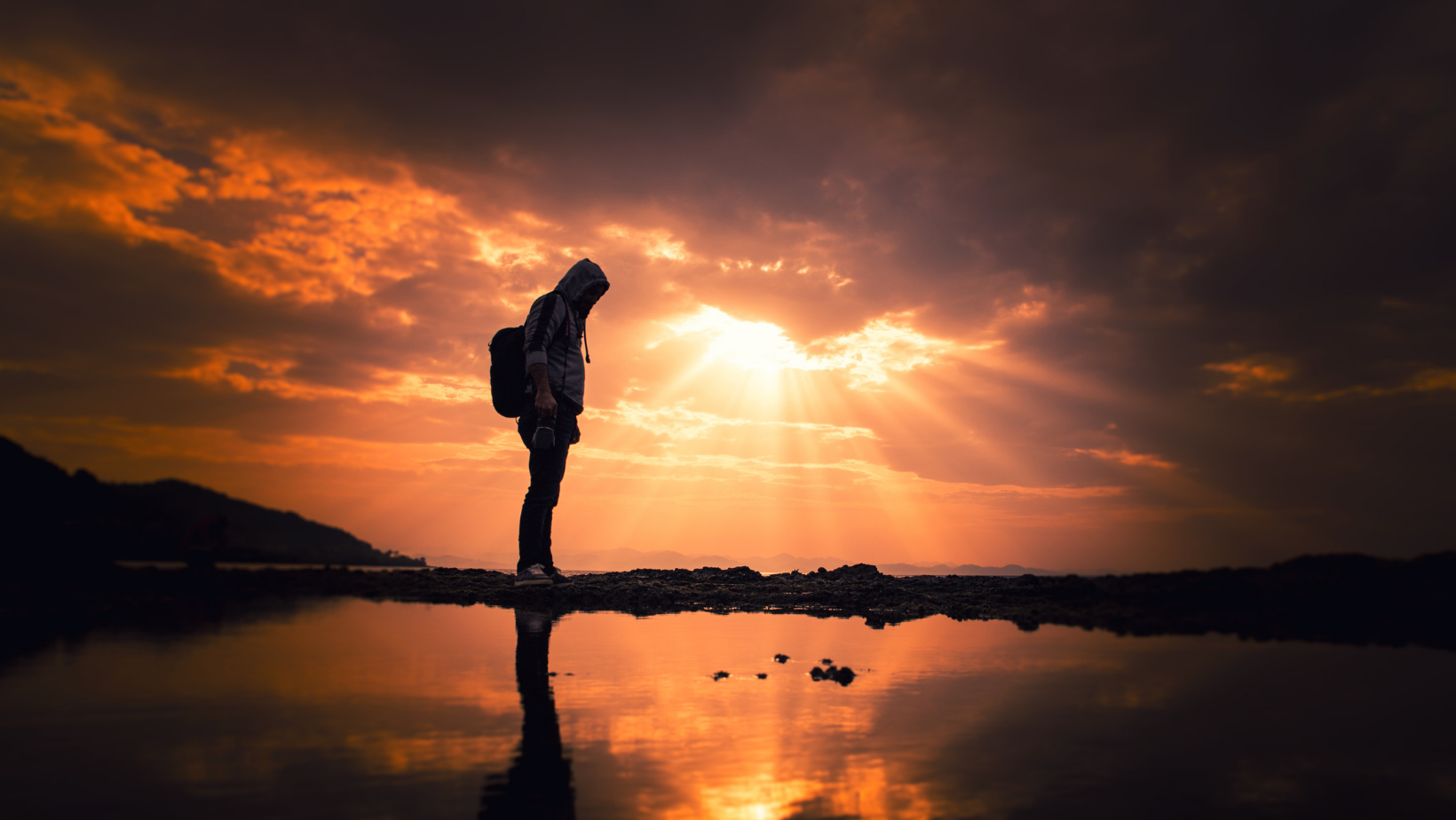
24 Aug My Third Year Experience: The Non-Clinical (But Still Important) Learning I’ve Done
It is difficult to wrap my head around the fact that I have completed half of third year. While my voice is only one of approximately 230 in our year, I wanted to share my experience so that some can hopefully relate. For those unaware, third year is a gargantuan hurdle. It is demanding of your time with 42 weeks of rotations with a week (now a week + 2 days) break after your mid-year exams. Suffice to say, it has been exhausting. At the same time, it is hands down the most rewarding year I have had so far. If you’re anything like me, you struggle to remember facts from your PBL case without being confronted with that problem in real life. Words cannot describe how privileged I feel being able to take a full history and exam for patients on my placement in Kingaroy. The act of doing these things has given the truest glimpse of what it means to be a doctor I have had so far. That is ultimately to make safe plans for your patients to improve their wellbeing where possible. While this sounds incredibly obvious, this realisation has also given me a chance to reflect on the things I’ve learnt (which aren’t on an exam) that I believe are still crucial to our journey to become better doctors.
Theme 1: Value Your Doubt
One of my personal hurdles has been the crippling doubt I had about my own abilities. I was (and still am to a certain degree) doubtful of my own clinical abilities, my clinical reasoning, you name it. However, with the help of my educators I came to a simple yet important realisation. This doubt came from a good place; I constantly worry about these things because I ultimately want the best for my patients. I have learned to respect this discomfort I feel as a positive thing, and to use it more productively. I use my doubt to ask questions to the treating team about certain decisions, or my technique in an exam or procedure. I have almost accepted that doubt may be a part of who I am, but that doesn’t mean I can’t use it to my advantage. Whatever your personal hurdle may be or whatever confronting situation you find yourself in, value your emotions. Should you deny it, things will only be left unresolved and continue to rear its ugly head down the track.
Theme 2: Gratitude and Suffering
The hours of placement, on top of doing your own studies and balancing the rest of your life has certainly pushed me to my limits this year. But in attempting to meet this challenge, I have realised what truly gives me fulfilment. I can be having a tough week on placement, but the things that help me get back on my feet are the connections I’ve made. Whether it be catching up with people online given my distance now or just sitting around a fire with the people on placement in Kingaroy, these moments fill me with gratitude. I have no doubt we have all had bad days, or bad weeks. In these moments it can be easy to lose yourself and wallow in the negativity you feel. As per the last theme, I’ve learnt to value that emotion and deal with it. In doing so, I’ve found that it has freed myself up to be grateful for the small things I usually take for granted.
Life is a difficult journey for everyone if you hadn’t already gathered yourself personally or realised this through your interaction with patients. In realising that there are people in your life who actively choose to make it less difficult is a true blessing. It can be a monolithic task to remain positive in the face of our busy schedule and the things you see at placement. But there always exists a choice. Do you let the intrinsic suffering of life remain as such, or would you rather derive meaning from it by reflecting on what you’re grateful for?
Theme 3: Wielders of Responsibility
During my placement, as obvious as it is, I realised how much responsibility we will wield when we graduate. It’s a daunting task, but one I’m sure we would all love to live up to. Ironically, I’ve struggled to take time off without feeling guilty, largely because I feel it could be time that I could be studying (especially when we have so much to learn). But I very quickly realised this approach isn’t going to work if I’ve only got one week (+2 days) off this year. It was time to rethink this guilt. I sincerely hope no one has felt burnt out yet, and if you are I encourage you to talk to the appropriate people to get you back on your feet. I have certainly already felt close to burnout already this year. Ever since this incident, I have been far kinder to myself because I realise how much responsibility I will have to wield. You will not be nearly as helpful burnt out, then you would if you had taken care of yourself. You won’t always get your week right, you could always be studying more and the list goes on. I again encourage you to value these emotions and discover their origin, is it a healthy desire, or is it an insecurity? Whatever it is, get it in order and get better at looking after yourself. You owe it not only to yourself, but to your colleagues and your patients.
Concluding thoughts
Whether you are in first year, or your final year the act of reflecting on your wellbeing is something invaluable to keep you sane during the difficulties this career will throw at us. A reassuring thought is that perhaps these challenges we face are a part of becoming a functioning member of society. Everyone faces doubt at some point, everyone begins to sense the pervasive suffering that exists and everyone eventually realises they wield responsibility in both their career and family. Perhaps then medicine merely accelerates the rate at which we experience these facts, paralleling the dizzying speed we are expected to learn our medical content. Nevertheless, connect with the people who have helped you on this journey, cherish these people and let them know how much they mean to you. I sincerely wish that everyone can overcome their own challenges to become a better version of yourself.
Interested in writing for the GUMS blog? Email our Publications Officer, Ashraf, at ashraf.docrat@griffithuni.edu.au
Image credit: canva.com

